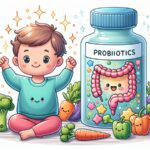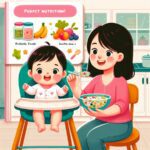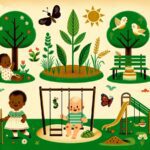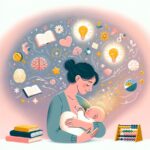The impact of noise pollution on infant health and development is a growing concern for parents and healthcare professionals alike. This article delves into how environmental noise can influence critical aspects of an infant’s early life, from hearing to cognitive development, and offers actionable advice to protect the youngest and most vulnerable.
The Science Behind Noise Pollution and Infant Health
Noise pollution, often regarded as unwanted or harmful sound, can significantly affect an infant’s health. Studies have shown that prolonged exposure to high levels of noise can lead to adverse health outcomes, including hearing impairment, stress-related conditions, and sleep disturbances.
Infants are particularly susceptible because their auditory systems are still developing, making them more vulnerable to damage from loud noises. The World Health Organization has highlighted the need for stricter noise control to protect public health, underlining the seriousness of this issue.
The Impact of Noise Pollution on Infant Health and Development
When considering the impact of noise pollution on infant health and development, it’s important to understand the various ways in which exposure can occur. From urban environments filled with traffic and construction noise to household sources like television and appliances, infants can be exposed to a wide range of sounds that may affect their health.
Research indicates that noise pollution can disrupt the sleep patterns of infants, leading to sleep deprivation and its associated health risks. Moreover, constant exposure to loud noises can result in elevated stress levels, affecting an infant’s ability to learn and develop properly.
Strategies to Protect Infants from Noise Pollution
To mitigate the impact of noise pollution on infant health and development, parents and caregivers can adopt several strategies. Creating a quiet and peaceful environment in the home is crucial. This can be achieved by using soundproofing materials and keeping noisy activities away from the infant’s sleeping area.
Additionally, monitoring the infant’s exposure to loud environments and using protective gear when necessary can help safeguard their hearing and overall health. For more guidance on creating a safe and soothing environment for your baby, consider the advice on choosing the safest baby car seats for newborns and safe sleep practices to reduce the risk of SIDS.
The challenge of noise pollution is significant, but with informed strategies and mindful practices, parents can significantly reduce the risk to their infants’ health and development. Awareness and action are key in providing a healthier start for our children in an increasingly noisy world.













